The Conversation podcast
The Conversation website also runs a regular podcast, and this week I interviewed with them on the subject of Rebooting.
For the sake of a thought experiment, what could you do if the world as we know it came to an end? It could be a nuclear apocalypse, a superbug that wipes out most of humanity, or even a catastrophic asteroid. What sort of guide book would you need to survive these doomsday scenarios? Listen to find out how long you can last off the food that will be left lying around and the crucial knowledge you need to rebuild civilisation.
And looking to an even more extreme scenario, what would happen to the Earth if humanity itself was driven to extinction. Matthew Wills, an expert in evolutionary processes, discusses what sort of life might develop in our place. The clues, it turns out, are in the last big wipeout – the asteroid that did for the dinosaurs.
Listen to The Conversation podcast on Rebooting here
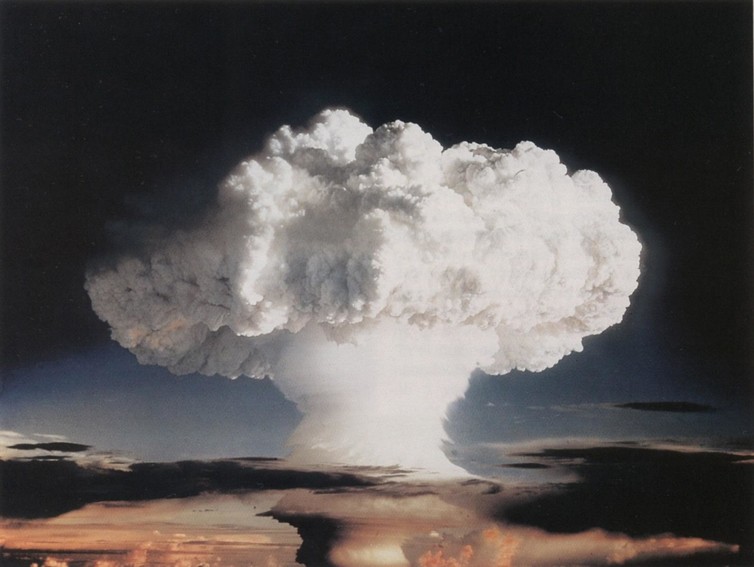

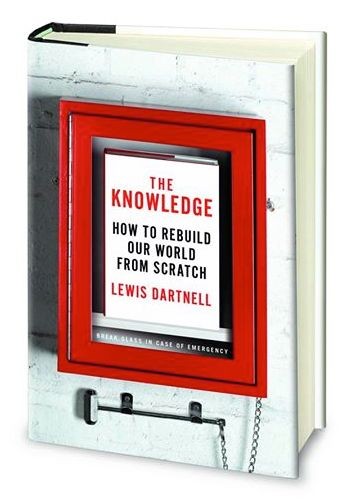
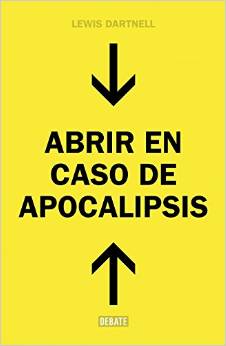
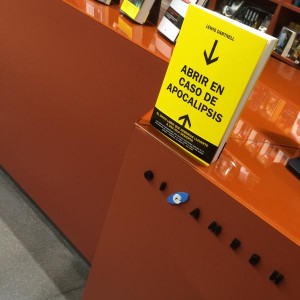
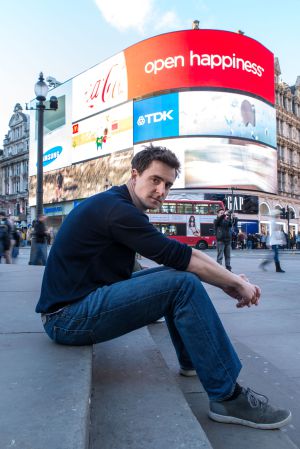
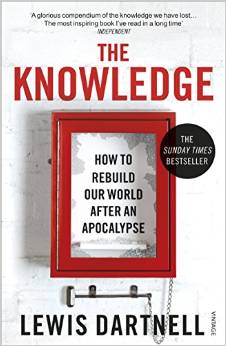 The Knowledge is now out in UK paperback! I’m currently away on
The Knowledge is now out in UK paperback! I’m currently away on 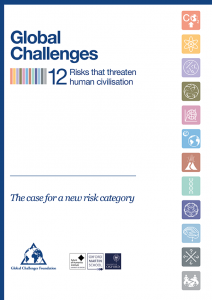 The Global Challenges Foundation has released its new report about global hazards that for all practical purposes can be considered to represent an infinite impact – the global collapse of civilisation, if not even driving humanity to extinction. ’12 Risks That Threaten Human Civilisation’ offers a review of the key possible events, and ties to roughly quantify the probabilities of each.
The Global Challenges Foundation has released its new report about global hazards that for all practical purposes can be considered to represent an infinite impact – the global collapse of civilisation, if not even driving humanity to extinction. ’12 Risks That Threaten Human Civilisation’ offers a review of the key possible events, and ties to roughly quantify the probabilities of each. Microbe Talk, the podcast from the Society for General Microbiology, has a fascinating discussion this month. Phrased as a wide-open thought experiment akin to The Knowledge, the host Ben Thompson talks to Dr Jack Gilbert and Dr Josh Neufeld about whether we would survive in a world without microbes.
Microbe Talk, the podcast from the Society for General Microbiology, has a fascinating discussion this month. Phrased as a wide-open thought experiment akin to The Knowledge, the host Ben Thompson talks to Dr Jack Gilbert and Dr Josh Neufeld about whether we would survive in a world without microbes.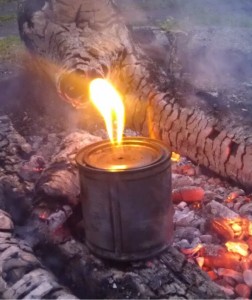 As is clear through-out The Knowledge, one of the fundamental drivers for a vibrant civilisation is its finesse in harnessing thermal energy. Fire is used for everything from cooking food to unlock nutrients and kill pathogens, to roasting lime for mortar and rebuilding, smelting metals and forging iron tools, and creating many of the fundamental substances that society replies upon. Whilst the book isn’t a survival manual with wilderness skills, starting a fire is an interesting problem and charcloth makes the ideal tinder. Charcloth is made by carbonising cloth using the heat of a fire; it’s analogous to charcoal produced from carbonised wood. And the beauty of this, from the point of view of pulling yourself by your own bootstraps, is that once you’ve started one fire you can create charcloth and use that to greatly simplify starting all other fires from then on.
As is clear through-out The Knowledge, one of the fundamental drivers for a vibrant civilisation is its finesse in harnessing thermal energy. Fire is used for everything from cooking food to unlock nutrients and kill pathogens, to roasting lime for mortar and rebuilding, smelting metals and forging iron tools, and creating many of the fundamental substances that society replies upon. Whilst the book isn’t a survival manual with wilderness skills, starting a fire is an interesting problem and charcloth makes the ideal tinder. Charcloth is made by carbonising cloth using the heat of a fire; it’s analogous to charcoal produced from carbonised wood. And the beauty of this, from the point of view of pulling yourself by your own bootstraps, is that once you’ve started one fire you can create charcloth and use that to greatly simplify starting all other fires from then on.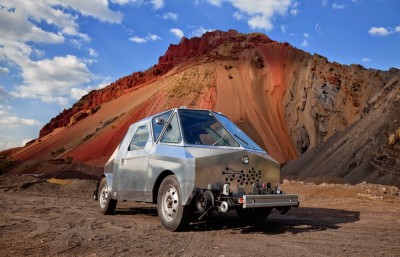 One of the topics I discuss in the opening chapters of The Knowledge is how quickly our asphalt roads would deteriorate after a collapse of civilisation, and so why it might be much easier for long-distance travel and trade in a post-apocalyptic world to use the abandoned railway tracks. Two artists have completed a fascinating exploration project along these lines.
One of the topics I discuss in the opening chapters of The Knowledge is how quickly our asphalt roads would deteriorate after a collapse of civilisation, and so why it might be much easier for long-distance travel and trade in a post-apocalyptic world to use the abandoned railway tracks. Two artists have completed a fascinating exploration project along these lines. You’ve probably watched a lot of competence porn and enjoyed it, without even realising. Competence porn is the name that’s been coined for entertainment – novels, films or TV shows – where enjoyment is garnered from witnessing impressive feats of human capability. We’re talking about men and women who succeed against expectations, either by their own wits and expertise or with the equipment and technology they wield. They inspire jaw-dropping awe by being far more proficient and accomplished than you at certain tasks. But – and this is important – competence porn doesn’t make you feel inadequate or incompetent. It makes you feel empowered. We’ve become addicted to the kick we get out of watching people who are just damned good at what they do.
You’ve probably watched a lot of competence porn and enjoyed it, without even realising. Competence porn is the name that’s been coined for entertainment – novels, films or TV shows – where enjoyment is garnered from witnessing impressive feats of human capability. We’re talking about men and women who succeed against expectations, either by their own wits and expertise or with the equipment and technology they wield. They inspire jaw-dropping awe by being far more proficient and accomplished than you at certain tasks. But – and this is important – competence porn doesn’t make you feel inadequate or incompetent. It makes you feel empowered. We’ve become addicted to the kick we get out of watching people who are just damned good at what they do.